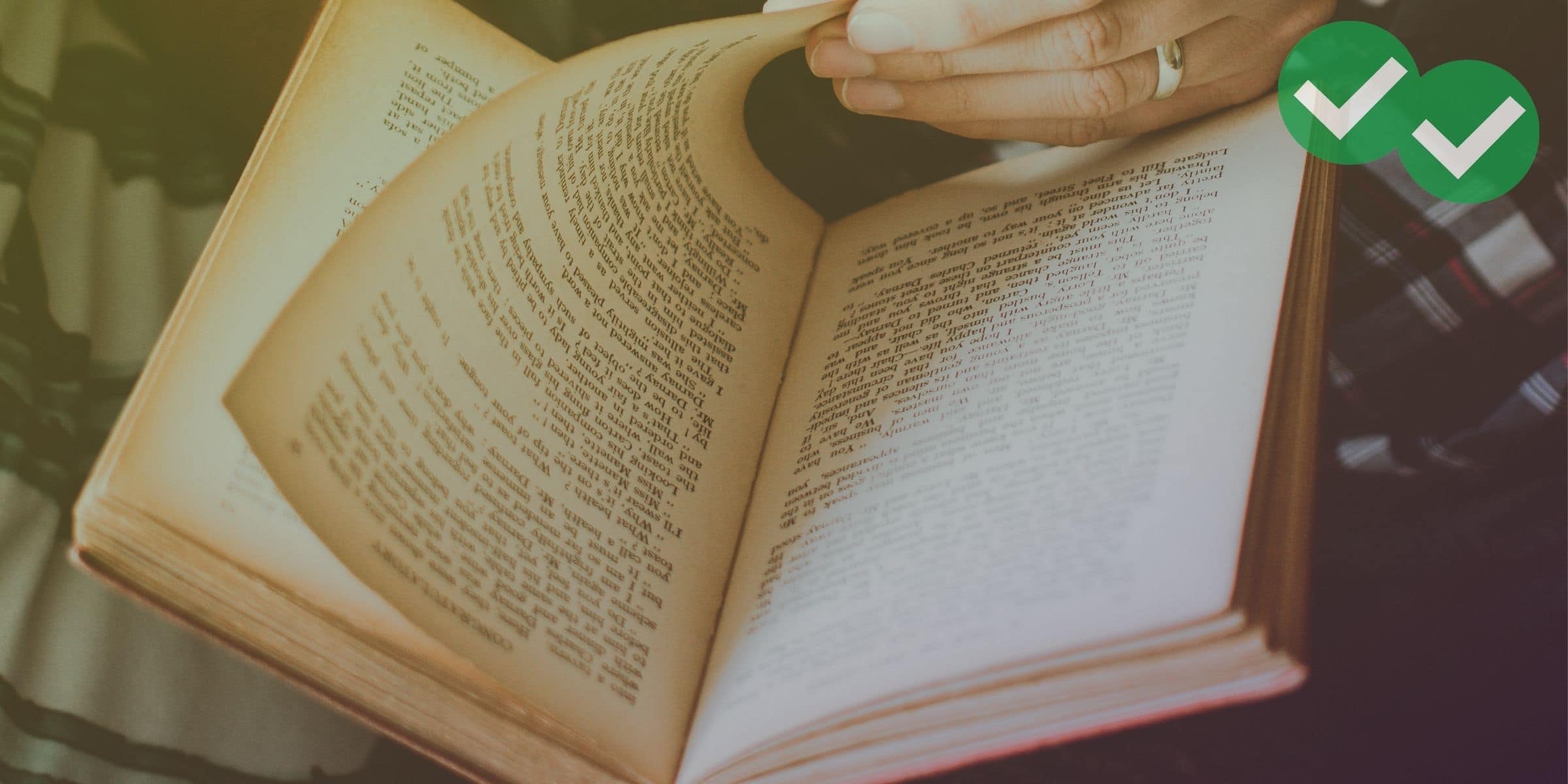It’s Tuesday again! Enjoy this week’s TOEFL Tuesday video.
There are a total of three sections on the TOEFL that require you to take notes. Well, the notes aren’t exactly required, but they are massively helpful, so I definitely recommend that you take notes!
Those three sections are the listening, speaking, and writing; remember that some speaking and writing tasks are based on conversations and lecture that you heard before giving your response. Notes can be helpful for reading for some students, but we won’t address that here. The most important notes are on recordings that you listen to.
Why Are Notes Important?
The recordings on the TOEFL are not extremely long—there is nothing over 6 minutes—but they can be very dense. In other words, there is a lot of information in a short time! If you lose your focus for just a moment and start thinking about something else, you will miss information that may be very important. Taking notes helps you to stay focused on listening to the recording. In order to take notes, you have to constantly think about the main ideas that you are hearing. Trying to find the main ideas helps to keep you on task.
Notes also help you remember those details, of course. Even though the recordings are short, it is pretty easy to forget an important detail without the notes to boost your memory.
The Best Notes
Taking awesome TOEFL notes is all about finding a balance. If you take too few notes, you may forget important information or lose focus. If you take too many notes, you might miss some important information, because you are thinking about what you are writing, not what you are hearing.
So you want to write down the maximum amount of information that you can without missing any information. One way to do that is to write notes more quickly. For example, use symbols such as $ or ⇒ instead of words. Don’t write long words such as “exclusively”; instead, shorten them to abbreviations like “exc.”
And if you realize that you’re writing notes about one topic, but the speaker in the recording has moved on to another topic, stop what you’re writing and listen instead! It’s okay if the note is hard to understand—only you need to understand it, and only for a very short time.
As a general study strategy, it helps to find the comfortable amount of notes for you, then to push yourself and take more notes than you’re comfortable with. Keep practicing with shortened words, and only write the main ideas, not all the details. The more practice you get, and the more you push your limits, the better!






Leave a Reply